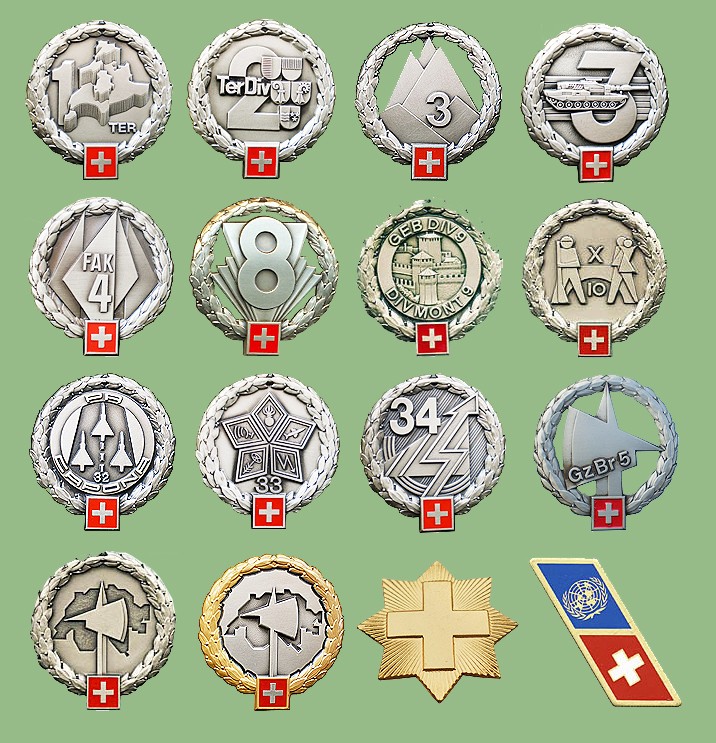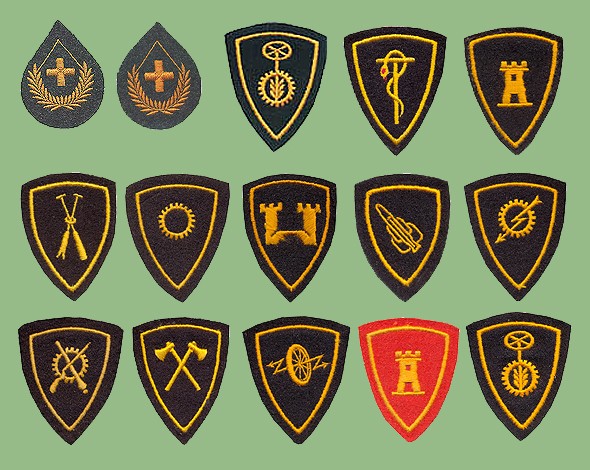The Swiss Armed Forces perform the roles of Switzerland's militia and regular army. Under the country's militia system, professional soldiers constitute about 5 percent of military personnel; the rest are conscript citizens 18 to 34 (in some cases up to 50) years old. Because of a long history of neutrality, the army does not take part in armed conflicts in other countries, but is part of several peacekeeping missions around the world.
The structure of the Swiss militia system stipulates that the soldiers keep their own personal equipment, including all personal weapons, at home. Compulsory military service concerns all male Swiss citizens, with women serving voluntarily. They usually receive initial training orders at the age of 18 for military conscription. About two-thirds of young Swiss men are found suitable for service, while alternative service exists for those found unsuitable. Annually, approximately 20,000 persons are trained in basic training for a duration from 18 to 21 weeks.
Since 1989, there have been several attempts to curb military activity or even abolish the armed forces altogether. A notable referendum on the subject was held on 26 November 1989 and, although defeated, did see a significant percentage of the voters in favour of such an initiative. However, a similar referendum, called for before, but held shortly after the 9/11 attacks, was defeated by over 77% of voters.
The reform "Army XXI" was adopted by popular vote in 2003. It replaced the previous model "Army 95", reducing the effectives from 400,000 to about 200,000 personnel (120,000 active duty and 80,000 reservists.)

The structure of the Swiss militia system stipulates that the soldiers keep their own personal equipment, including all personal weapons, at home. Compulsory military service concerns all male Swiss citizens, with women serving voluntarily. They usually receive initial training orders at the age of 18 for military conscription. About two-thirds of young Swiss men are found suitable for service, while alternative service exists for those found unsuitable. Annually, approximately 20,000 persons are trained in basic training for a duration from 18 to 21 weeks.
Since 1989, there have been several attempts to curb military activity or even abolish the armed forces altogether. A notable referendum on the subject was held on 26 November 1989 and, although defeated, did see a significant percentage of the voters in favour of such an initiative. However, a similar referendum, called for before, but held shortly after the 9/11 attacks, was defeated by over 77% of voters.
The reform "Army XXI" was adopted by popular vote in 2003. It replaced the previous model "Army 95", reducing the effectives from 400,000 to about 200,000 personnel (120,000 active duty and 80,000 reservists.)




 by kokan1 Wed Dec 22, 2010 3:33 pm
by kokan1 Wed Dec 22, 2010 3:33 pm



